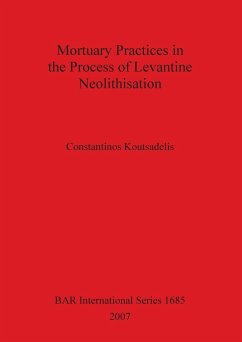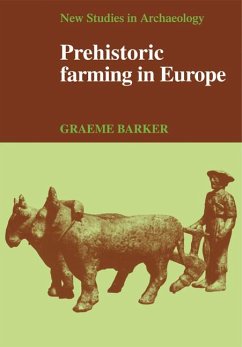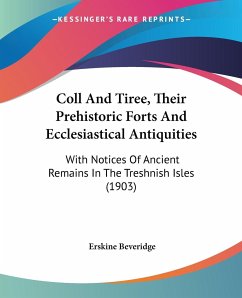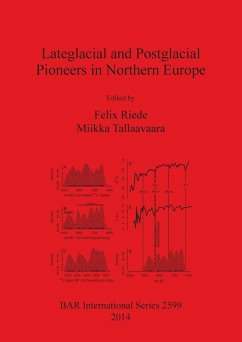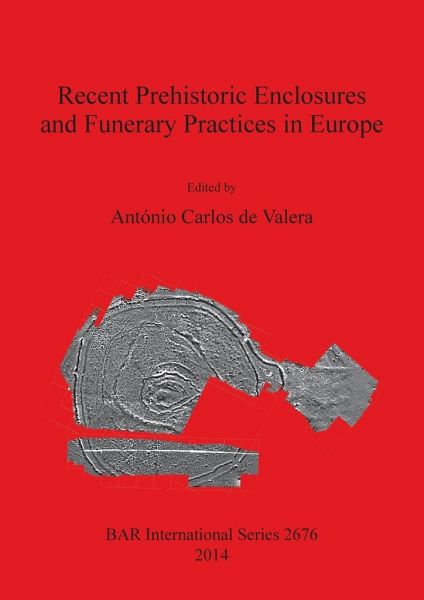
Recent Prehistoric Enclosures and Funerary Practices in Europe
Versandkostenfrei!
Versandfertig in 1-2 Wochen
73,99 €
inkl. MwSt.

PAYBACK Punkte
37 °P sammeln!
Proceedings of the International Meeting held at the Gulbenkian Foundation (Lisbon, Portugal, November 2012) This volume gathers the individual presentations from The International Meeting: Recent Prehistory Enclosures and Funerary Practices. From England to Germany, from Portugal to Italy, the individual papers present this cohesive European trend in Prehistory, that of enclosing, and the particular relationship between enclosures and prehistoric funerary practices and manipulations of the human body. Through a plurality of approaches, the volume covers several European regions, providing an ...
Proceedings of the International Meeting held at the Gulbenkian Foundation (Lisbon, Portugal, November 2012) This volume gathers the individual presentations from The International Meeting: Recent Prehistory Enclosures and Funerary Practices. From England to Germany, from Portugal to Italy, the individual papers present this cohesive European trend in Prehistory, that of enclosing, and the particular relationship between enclosures and prehistoric funerary practices and manipulations of the human body. Through a plurality of approaches, the volume covers several European regions, providing an overview of how prehistoric Europeans dealt with their dead, and how they experienced and organized their world. From cremating to dismembering bodies, from skulls used as cups to naturalistic anthropomorphic ivory figurines, from fragmented pottery to animal limbs, from deviance to collectiveness, this volume ranges all the different practices currently discussed in European Prehistory. The first paper, by Alasdair Whittle, poses as an introduction to the theme of enclosures throughout Europe, focusing his approach on time and timing of enclosure. Alex Gibson then takes us through the middle and late Neolithic British enclosures and Jean-Noël Guyodo and Audrey Blanchard through those of Western France. The Portuguese enclosures follow, with papers both on walled and ditched enclosures, by the hand of António Valera, Ana Maria Silva, Cláudia Cunha, Filipa Rodrigues, Michael Kunst, Anna Waterman, João Luís Cardoso and Susana Oliveira Jorge. Moving East, Andrea Zeeb-Lanz discusses the cannibalistic premise regarding the funerary remains from the Neolithic site of Herxheim (Germany). André Spatzier, Marcus Stecher, Kurt W. Alt. and François Bertemes, on the other hand, focusing on the remains from a henge like enclosure near Magdeburg (Germany), explore the premise of violence and war-like scenarios. To the south, Alberto Cazzella and Giullia Recchia write about a copper age enclosure near Conelle di Acervia (Italy) and Patrícia Rios, Corina Liesau and Concepción Blasco take us through the funerary practices of Camino de las Yeseras (Spain).



